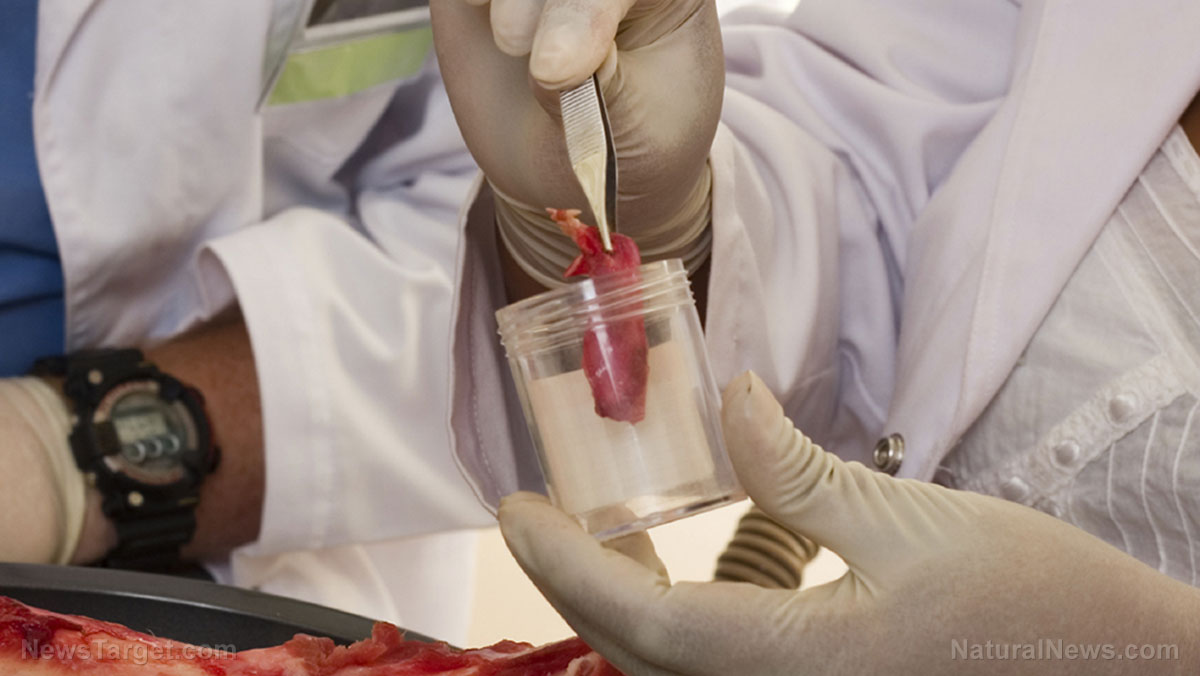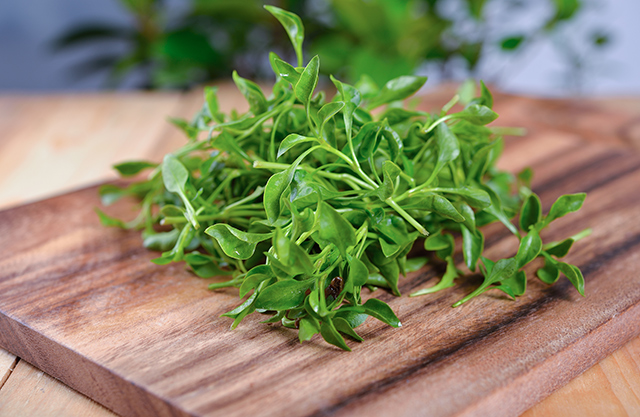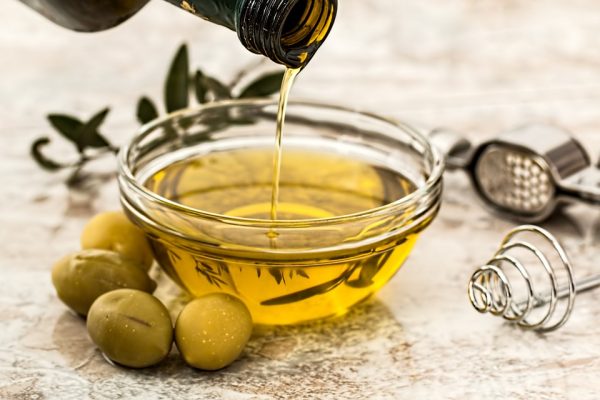Live longer with these 5 health-boosting ingredients used in Japanese dishes
12/06/2016 / By ingredientsnews

As lethargic Americans chow down on oily fries and greasy slabs of antibiotic-pumped meat, the Japanese culture thrives on flavorful dishes that contain top notch health-boosting ingredients. The Japanese live longer and have more jive in their step, because they traditionally eat more fermented vegetables, mineral dense seaweed and antioxidant-rich plants.
Fish, omega-3s and selenium
The first thing to note, is that the Japanese diet is richer in fish, which contain a vital mineral called selenium. In America, essential minerals such as selenium are disappearing from the soils, because chemically intense, over-farming agricultural practices are concerned with yields and profit and not wholesome crops that nourish people’s bodies. Organic farming practices, soil amending, composting, crop rotation and ending the use of heavy metal, prescription drug-rich biosolids could all help solve the problem, but it may be too late. As Americans starve for the very components that build their immune systems, the Japanese have an advantage built right into their own lifestyle. Fish are also a good source of B vitamins, which maintain brain chemistry to help with one’s temperament, mood and peaceful, stable, cognitive processing.
Generally the Japanese are smarter because their fish-friendly diet also provides them with plentiful omega-3 fatty acids, which protect the brain and heart, while reducing inflammation in the body. Inflammation is very often an underlying factor initiating disease processes in the body. Anti-inflammatory omega-3 fatty acids are key in the prevention of all chronic diseases, particularly heart disease and Alzheimer’s, since these are directly linked to inflammatory markers.
Isoflavones for healthy menopause and osteoporosis prevention
The Western diet is hostile to women’s health, because food chemicals disturb female hormones during their menstrual cycles and during menopause, a crucial time of their lives. In Japan, many dishes contain fermented miso and umami paste, tempeh and natto. These fermented soy foods are full of isoflavones, which have a subtle, supplemental estrogen-like effect in the body. These plant-based estrogens help women during menopause, and help lower the risk of breast and endometrial cancer thereafter. Isoflavones also help with bone density, thereby reducing the risk of osteoporosis. Since they are fermented, these traditional Japanese foods are much easier to assimilate in the body, making essentials like vitamin K2 more bio-available.
Mineral dense seaweeds
The Japanese culture is keener on eating seaweeds, which are mineral dense superfoods that provide an array of trace and other minerals including zinc, magnesium, calcium, potassium and iodine. Again, the trace minerals that the Japanese obtain in seaweed are the minerals that are now missing in the soils, the fruits and the vegetables grown in the Western world. Minerals are the spark plugs of life, and activate the body’s ability to use vitamins. The immune system relies largely on mineral bio-availability. Many of the “vaccine-preventable” illnesses that send people to the emergency room are really “mineral-preventable” illnesses.
Green tea and antioxidants
As the Western diet moves further away from the very components that sustain life, cancer becomes a problem. In Japanese culture, antioxidant rich plants are consumed more commonly. One of Japan’s favorites is green tea, which contains a specific type of plant medicine called catechins. These catechins are a specific type of flavanol that boost the antioxidant defenses in the body. This is how the Japanese defeat cancer on a regular basis; they consume green tea, flooding the cells with preventative antioxidants. Additionally, matcha green tea contains theanine, which relaxes the mind and reduces stress.
Fermented vegetables for probiotics and digestive support
One of the key components of the Japanese diet is fermented, pickled vegetables. These foods help establish the good terrain of probiotics in the gut. The Japanese people have a more diverse, stable terrain of good bacteria in their digestive systems, which allows their bodies to use nutrients more effectively. These probiotic-rich foods are the reason why autoimmune diseases are few and far between in their culture. Fermented vegetables also help the body digest and eliminate wastes more effectively so that it isn’t systematically poisoned by toxic byproducts. Most Japanese dishes available at U.S. grocery stores have been pasteurized; this kills off the good bacteria that are essential in these foods. Nutritionists suggest making fermented dishes at home, the way the Japanese do.
The health issues that plague people living on the Western diet are directly linked to the nasty foods they eat. Japanese foods are superior to those in the Western diet, because their dishes are more probiotic rich, with greater quantities of trace minerals, antioxidants, isoflavones and medicinal phytochemicals.
Sources include:




















